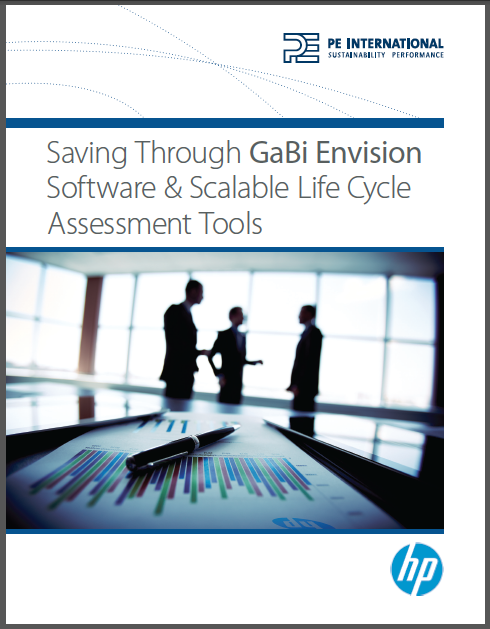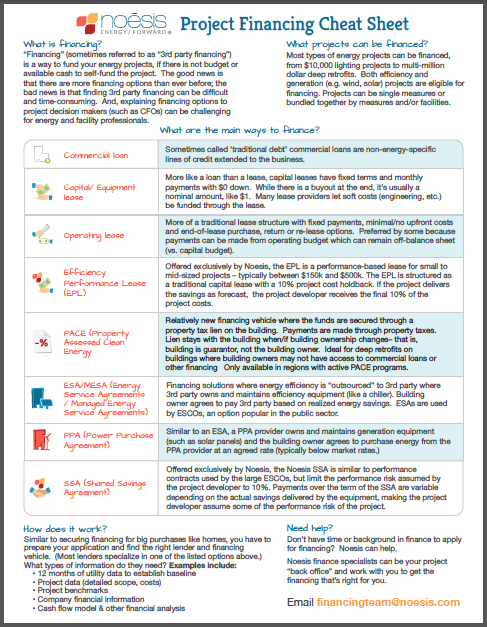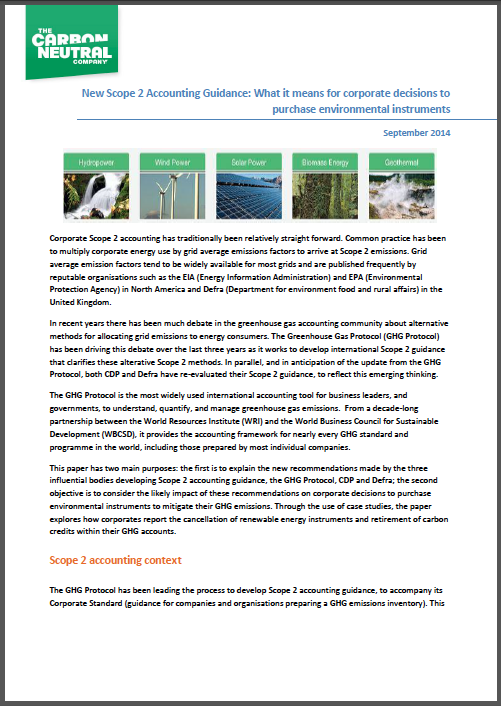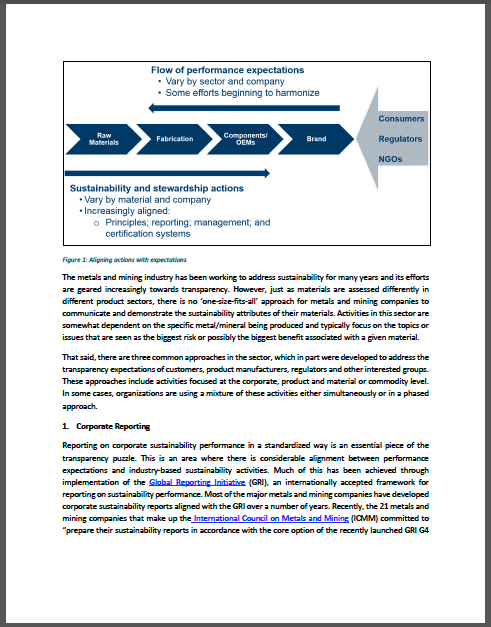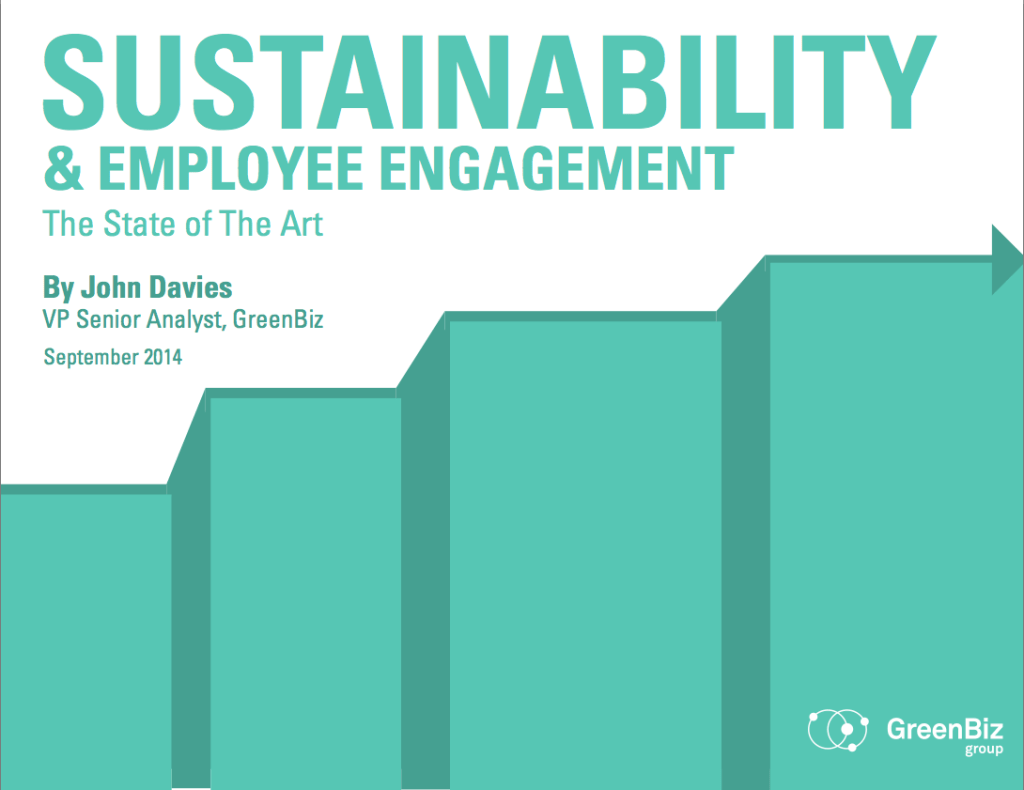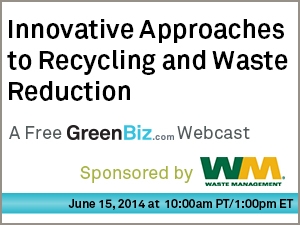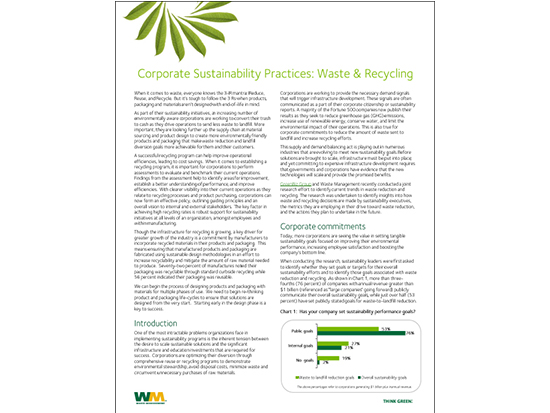Resources
How HP achieves leadership in sustainable product footprinting at a fraction of the cost
In addition to HP’s commitment to designing more sustainable products, the company is also committed to transparency and disclosure about the footprint of their products. This case study outlines how HP developed a science-based and data-driven platform for product footprint assessments to guide product designers, meet and demonstrate compliance to powerful standards like EPEAT, and help customers identify reliable energy savings. Not only did their rapid LCA tool result in better products, it delivered an estimated $1 million in savings and hundreds of hours of time. Read More
Addressing Transparency Expectations in the Metals and Mining Sector
Are you a material supplier concerned with increasing demands for sustainability performance data? Or, are you a manufacturer wondering what raw materials suppliers are doing to demonstrate their sustainability performance? Here’s an article that looks at supplier transparency through the lens of the Metals and Mining industry. Broad lessons can be drawn about next steps for suppliers and the state of supply chain engagement for manufacturers. Read More
Energy Project Financing Cheat Sheet
We've updated our popular efficiency project finance cheat sheet to include the latest innovations in efficiency finance. Efficiency Performance Leases, Shared Savings Agreements, Commercial loans, PACE, ESAs, PPAs, and more… This cheat sheet explains the various types of financing vehicles available on the market and maps them to the best fit for different sized efficiency and/or distributed generation projects. Use this handy cheat sheet as a reference when discussing financing options for efficiency projects with your customer Read More
New Scope 2 Accounting Guidance: What it means for corporate decisions to purchase environmental instruments
New guidance on reporting Scope 2 emissions under the Greenhouse Gas Protocol is scheduled to be released later this year. The guidance will provide greater clarity and consistency about how businesses can account for their mixed portfolios of environmental instruments, including RECs and carbon credits, across their entire greenhouse gas emission reduction programmes. Read More
Sustainability Reporting for Commercial Real Estate: GRESB
Investors, regulators, and tenants increasingly demand transparency around the environmental and social impacts of the real estate they invest in, regulate, and occupy. Disclosure of non-financial (aka sustainability) data is the “new normal” - producing a complete, accurate sustainability report is now an essential business process. Read More
Addressing Transparency Expectations in the Metals and Mining Sector
Are you a material supplier concerned with increasing demands for sustainability performance data? Or, are you a manufacturer wondering what raw materials suppliers are doing to demonstrate their sustainability performance? Here’s an article that looks at supplier transparency through the lens of the Metals and Mining industry. Broad lessons can be drawn about next steps for suppliers and the state of supply chain engagement for manufacturers. Read More
Sustainability & Employee Engagement
The third edition of our employee engagement survey, created in partnership with the National Environmental Education Foundation. Read More
Understanding the B2B Green Marketing Landscape
Marketing green products and services has always been challenging, but it is becoming more so. Customers want increasing amount of information yet insist on clear, simple messaging.That’s especially true in the B2B marketplace, where corporate and institutional buyers are asking, or demanding, unprecedented amounts of information about products’ environmental and health attributes. They are no longer satisfied with general or generic information. Read More
Innovative Approaches to Recycling and Waste Reduction
Companies are looking further up the supply chain at materials sourcing and product design to create more environmentally-friendly products and packaging that make waste reduction and landfill diversion goals more achievable for them and their customers.At the same time, leading companies are establishing aggressive zero waste policies that provide guiding principles and an overall vision to internal and external stakeholders. Their work represents a vital core of a zero waste sustainability initiative and the commitments, values and objectives that can drive it forward. Read More
Corporate Sustainability Practices: Waste & Recycling
GreenBiz Group and Waste Management recently conducted a joint research effort to identify current trends in waste reduction and recycling. Read More
